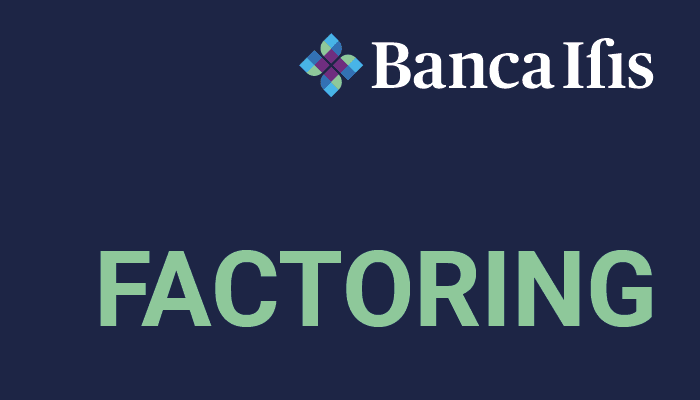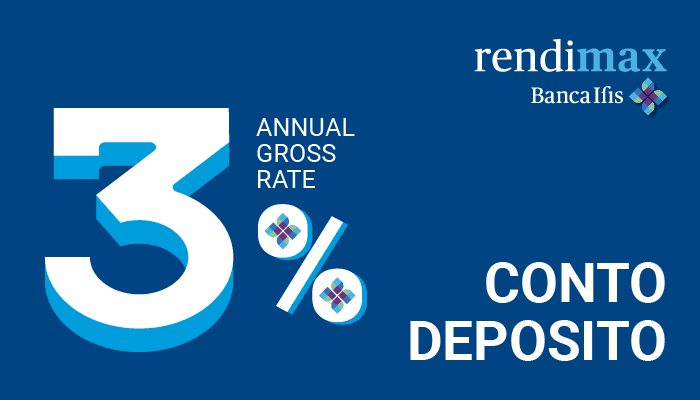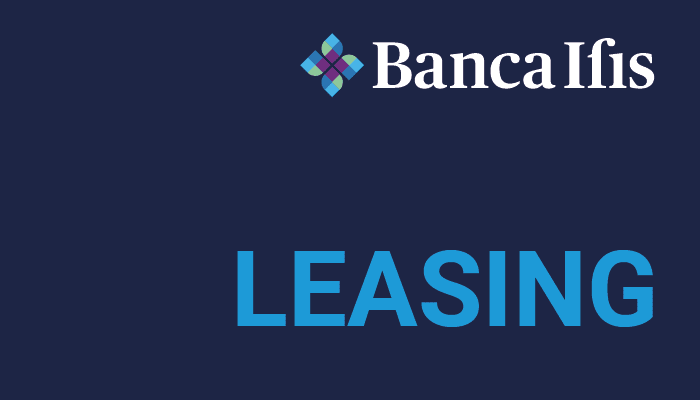- Banca Ifis was the first Italian challenger bank to join NZBA
- The transaction is in line with the sustainability roadmap defined in the 2022-2024 business plan
Banca Ifis, in line with the commitments made in joining the Net-Zero Banking Alliance (NZBA), the initiative promoted by the United Nations to accelerate the sustainable transition of the international banking sector, communicates its targets for the reduction of financed emissions by 2030 on its credit portfolio.
Following the analysis of the priority sectors defined by the NZBA, Banca Ifis has identified 3 sectors1, related to the automotive world, covering more than 80%2 of the financed exposures and issues considered by the NZBA.
“The objectives we are announcing today“, said Banca Ifis Deputy Chairman Ernesto Fürstenberg Fassio, “represent an important milestone in a journey that began seven months ago with the presentation of the business plan, and confirm the commitment we made by joining, as the first Italian bank, the Net-Zero Banking Alliance, to contribute to the sustainable transition of the banking sector and our companies. It is a commitment that, in the current macro-economic scenario, with the energy and raw materials crisis, has even greater value. The Bank’s focus on financing virtuous realities already gives us a competitive advantage: our starting point on the intensity of financed issues is lower than the average of major European banks. We will continue to
periodically monitor the evolution of the portfolio and take concrete action to fulfil our commitments, also by developing dedicated products and services to support our companies in their innovation and growth path”.
The targets that Banca Ifis aims to achieve by 2030 are:
- For the Car Leasing sector, the Bank presents a starting point3 of financed emissions of 130 gCO2e/km, with a target of 85 gCO2e/km in 2030
- For the Automotive Manufacturers and Distributors sector, the Bank presents a starting point3 of financed emissions of 153 gCO2e/km, with a target of 85 gCO2e/km in 2030
- For the Truck Leasing sector, the Bank presents a starting point4 of financed emissions of 52 gCO2e/tkm5, with a target of 37 gCO2e/tkm5 in 2030
This new commitment adds to the many initiatives already undertaken by Banca Ifis to support sustainable mobility and the environmental transition of SMEs.
In February this year, thanks to an agreement with Stellantis, the Institute announced the renewal of its entire corporate fleet with the aim of adopting more than 50% environmentally friendly vehicles within four years. With the ‘Ifis Green’ programme, the Bank is committed to developing products and services that favour sustainable practices, such as the leasing of electric vehicles, in which the Bank is a leader in Italy with a 15% market share.
In addition, during 2021, the Bank introduced ‘green’ financing products and programmes and signed an agreement with the European Investment Bank (EIB) for a ceiling of 100 million euro in financing to support green projects by SMEs. In addition, the Bank only uses energy from 100% renewable sources in all offices and branches in Italy.
Finally, Banca Ifis promotes a culture of business sustainability amongst SMEs, with dedicated periodic research and analyses. With Kaleidos Impact Watch, a half-year observatory with a focus on the corporate sector, the bank has created an ad hoc index to measure the intensity of SMEs’ investment in sustainability.
Sustainability in Banca Ifis
The Bank is on a path to increasingly integrate ESG criteria into its business model, which sees sustainability as a pillar of the 2022-2024 business plan and a key development tool, for people and the environment. From joining the Net Zero Banking Alliance, as the first Italian challenger bank, to the Change PMI project, with subsidised loans and an ESG assessment service for corporate clients, without forgetting the NPL segment, where the bank has developed an ethical and sustainable recovery model for the financial re-inclusion of families. The Sustainability Committee, chaired by Vice Chairman Ernesto Fürstenberg Fassio, supports strategic policy-making by monitoring the achievement of results. Banca Ifis has also obtained the “A” rating from the company MSCI and is now pursuing the objective of improving its positioning.
Net-Zero Banking Alliance
The industry-led, UN-convened Net-Zero Banking Alliance brings together more than 110 banks, which are committed to aligning their lending and investment portfolios with net-zero emissions by 2050. Combining near-term action with accountability, this ambitious commitment sees signatory banks setting an intermediate target for 2030 or sooner, using robust, science-based guidelines.
The Alliance will reinforce, accelerate and support the implementation of decarbonisation strategies, providing an internationally coherent framework and guidelines in which to operate, supported by peer-learning from pioneering banks.
It recognises the vital role of banks in supporting the global transition of the real economy to net-zero emissions. www.unepfi.org/net-zero-banking





